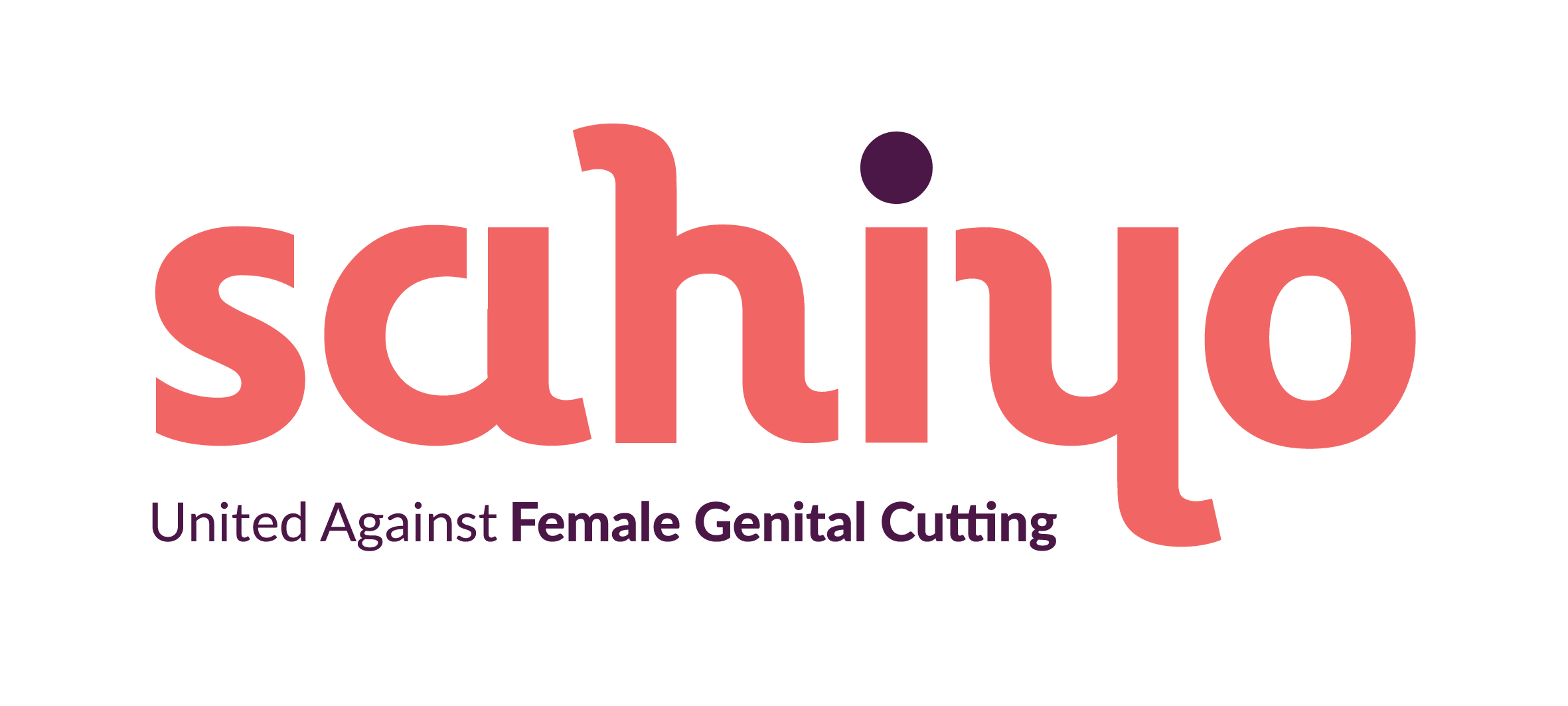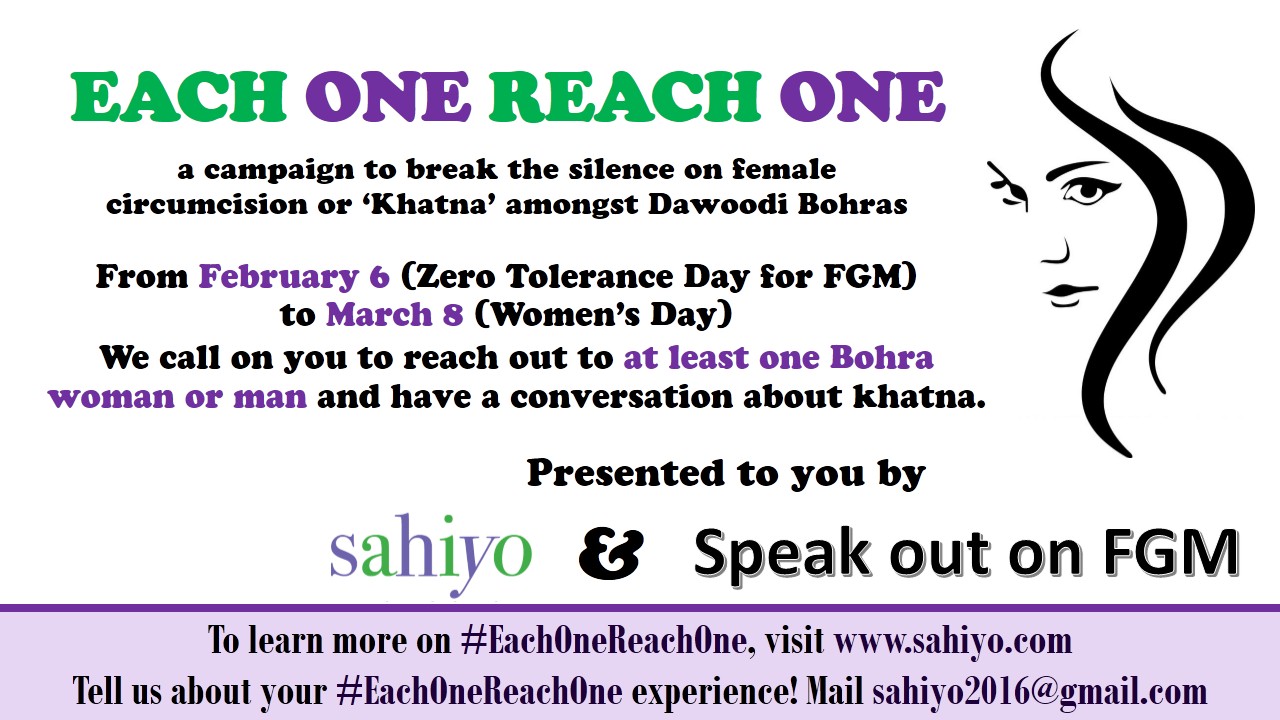The U.S. Centers for Disease Control and Prevention recently released an updated report on the estimate of women and girls at risk or those who have undergone FGC living in the United States. To read the report, click here. Since the last official estimate in 1990 of how many people were affected by FGC, the number has grown to 513,00 – this number is triple the estimate from the 1990 figure. This increased figure is attributed to the rapid growth in the number of immigrants from FGC practicing countries living in the United States.
Yet, these numbers are still an under-representation of the real number of women and girls who have undergone or at risk of undergoing FGC living in the United States. The report estimated this figure by applying country-specific prevalence of FGC to the estimated number of women and girls living in the United States who were born in that country or who lived with a parent born in that country. These countries included: Egypt, Ethiopia, Eritrea, Gambia, Ghana, Guinea, Kenya, Liberia, Nigeria, Senegal, Sierra Leone, Somalia, Sudan, Tanzania, Togo, West Africa, Yemen.
However, at the global level recognition that FGC occurs in countries outside of the African continent has only recently become public knowledge. In the last few years, reports of FGC being practiced in India, Pakistan, Iraq, Singapore, Thailand, Malaysia, various place in Africa, as well as other developed countries where immigrant communities reside (United Kingdom and Australia for example) were not included in these estimates. This limitation to the study is mentioned in the CDC’s report.
Regardless of this oversight in the estimate, the increased figure does validate the need for the U.S. government to provide more education and outreach to practicing communities living in the United States. The figure also points to the need to train social workers, medical professionals, lawyers, etc on the cultural complexities of FGC along with how to work with those women who have undergone this practice in a culturally sensitive manner.





